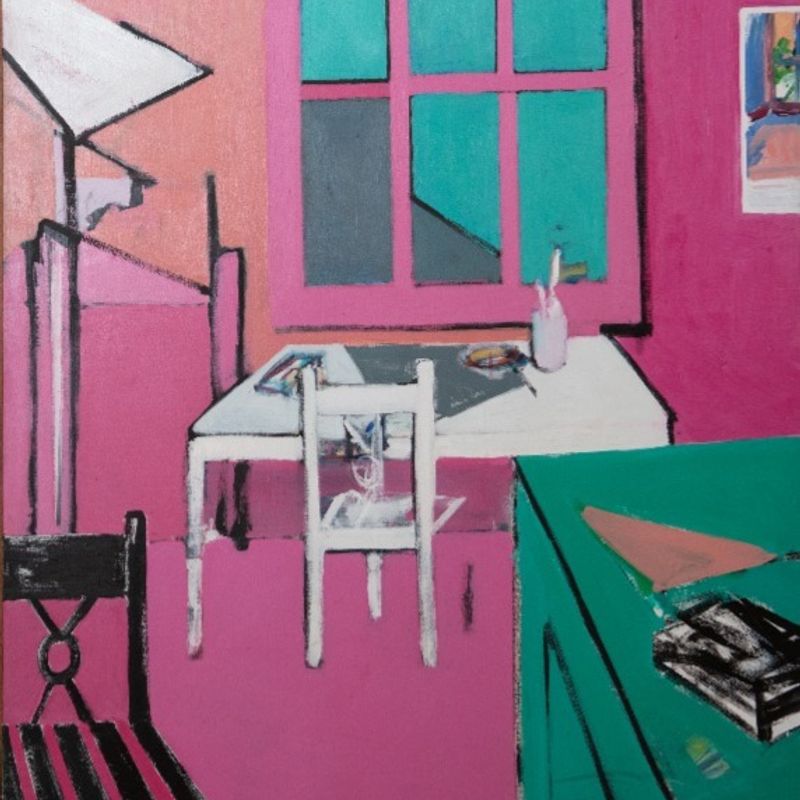Guest Editor’s Note
by Sylvia JonesWhat is social duty to an identity? The poems I’ve selected for this issue strive to respond to this question and others. They are an eloquent argument against oversimplifying what it means to represent a community and shed light on poets’ responsibilities to their communities.
With rigorous pizzazz and a few sprinkles of discretion, these poems put in the work, and in doing so, they reveal how nimble the human spirit can be when struck with adversity in its many shapes—alienation, catastrophic loss, disappointment, and withholding.
As an exercise in technical wizardry, residing somewhere far beyond the shore of duplicitous intentions and traveling by way of distorted time, as if guided by a singularity of intention, they sweep en masse into a narratively restrained quarter-moon shape, leaving readers in the middle, scanning each collapsible pause, asking: Where does the desire to assimilate come from? Can a poem be a vehicle for psychic fraud? What does authority mean? How do you fact-check a poem? Can voice be a body cam? If so, how?
Like a quorum or a committee, or a column of names to be remembered. Or a tongue in your pocket, beneath a welcomed stain on your favorite pants. The speaker’s voice is not a reversible little painting, but it can be folded into many edges. These poems reverberate like the voice of a hero with a thousand faces. They will not be taken in by the commercially advertised mail-order coat-of-arms trade. Together they are hoping. Just a little. Not to uproot but to godsmack.
Every so often I jot down random words and phrases, as something to do with my hands while I listen and process the news. In note-taking, I’m also stocking up on idioms for my repository of well-kept lines, and in doing this, I’m gathering material and adding dimensionality to all those theoretical poems of the future, everything yet to be written. This issue too reminds me of that stacking. And of Roethke’s query: will the heart eat the heart?

